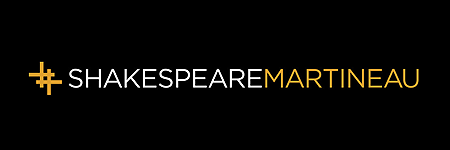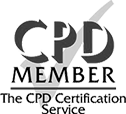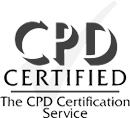Racism is insidious and is not just restricted to the type of overt individual racism which is arguably more easily mediated. Often racism persists as a result of structural inequities that means it is much harder to tackle. For those who may not have encountered the term, structural racism is defined as the “the normalization and legitimization of an array of dynamics – historical, cultural, institutional and interpersonal – that routinely advantage whites while producing cumulative and chronic adverse outcomes for people of color”, (Keleher and Lawrence, 2004).
There are not just structural issues that contribute towards implicit racism, there are also behaviours called microaggressions which now the most common form way that racism is manifested in the workplace. "Microaggression is the modern form of racism," said Jonathan Kanter, director of the Centre for the Science of Connection in Seattle. "To reduce racism, we need to decrease microaggression."
Microaggressions, are defined as indirect, subtle or even unintentional acts of discrimination against members of a marginalized group. They may take the form of stereotyping, "othering" or avoidance. It can often manifest in comments like “where do you come from?” and “you speak very good English”. Other microaggressions include behaviours including assuming role/level seniority based on age, ethnicity, sex, even saying good morning to some groups and not others, talking over particular groups, ignoring contributions of specific groups or claiming credit for someone else’s ideas or work. They are subtle but have an exclusionary and discriminatory effect.
So what role can organisations play in eliminating racism?
Workplaces can be hugely important in tackling the issues of structural and individual racism. By their nature, workplaces tend to be more diverse than the social circles held by individuals. Therefore by ensuring inclusive hiring and management processes, employees will collaborate with a broader range of people that will challenge potentially previously help notions of stereotypes and other biases.
Training is also a key factor in challenging racial (and other) biases. By taking a lead and providing staff with effective learning on topics like unconscious bias, and equality, diversity and inclusion, organisations can effectively create safe, equitable work environments where talent is nurtured and rewarded. For this to be effective though, issues of equality and inclusion have become embedded in the culture and practices of a business. It is not just enough to roll out a suite of training and assume that attitudes and biases have been changed. Rather, the values of equality must begin from the top down and permeate throughout every critical decision making milestone. For example, we must consider our biases in situations like: hiring decisions, project allocation and how managers lead their teams, whose opinions we listen to in meetings, decisions relating to promotion and pay, and acceptable standards of conduct between individual staff members. This list is by no means comprehensive but it gives a good starting point to show the breadth of considerations organisations need to take to ensure racial discrimination is tackled in an effective root and branch manner.
Further strategies for tackling inequality can be found below:
- Ensure that inclusivity it embedded from the top down
- Make diversity and inclusion part of your organisation’s DNA
- Create training to make people aware and challenge their behaviour, biases and prejudices
- Create ‘safe spaces’ for difficult conversations, so that people can speak out about racism without fear of losing their jobs
- Put additional checks in place during everyday business decision making processes to ensure that employees and managers are checking for implicit biases in their regular duties.








